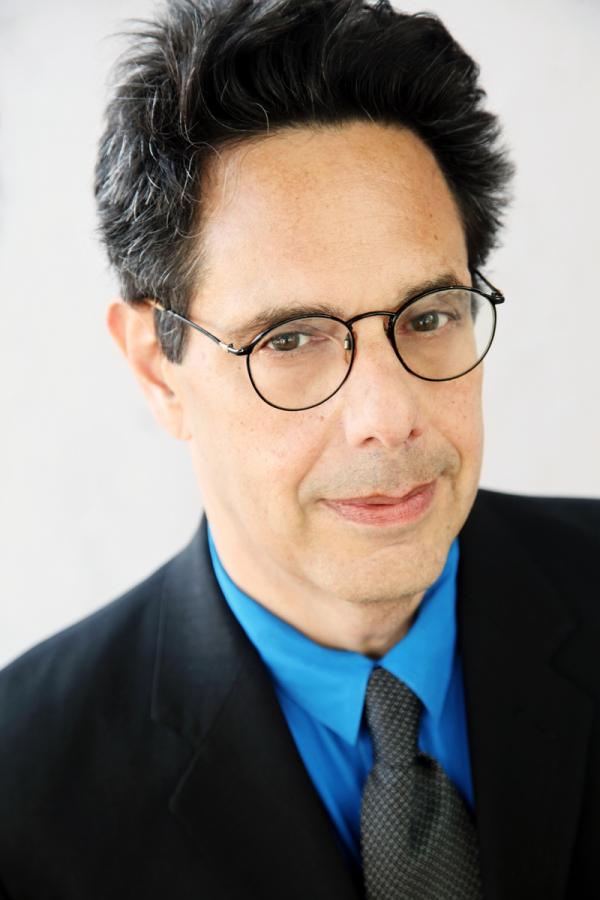Q&A with NEH Public Scholar Philip Dray

Philip Dray, recipient of an NEH Public Scholar grant to write a book on the history of sports hunting.
Mindy Tucker

Philip Dray, recipient of an NEH Public Scholar grant to write a book on the history of sports hunting.
Mindy Tucker
Name: Philip Dray
City and State: Brooklyn, NY
Book Title: The Age of Fair Chase: Making a Hunter’s Paradise in America
Publication date: November 2017
Publisher: Basic Books
Agent: Stephanie Steiker at Regal-Hoffman Associates, NYC
Amount of Public Scholar grant award: $50,400 (12 months)
- What’s your writing or academic background? I went to the University of Minnesota, where I changed majors about every month, so I usually say I had “a concentration” in American Studies, which is what forensic experts would likely conclude if they exhumed my transcript. I always loved American social, political and cultural history, and learned a ton writing for the daily campus newspaper during the 1960s. These influences definitely played a role in leading me to write several books on US civil rights, labor, and environmental history.
- How did you find your book project? The current book I am writing emerged from my desire to understand more about the history of the American West. For months I had a vague notion of a book involving Native Americans, white explorers and settlers, railroads and buffalo, and the like, and eventually the idea came to me of connecting these interests by tracing the history of hunting.
- What sources are you using for your research? Hunting memoirs and outdoors magazines were hugely popular from the 1870s through the 1930s, and those keep me busy; but some of the travel research I’ll be undertaking will be at the Adirondack Museum and Library, the University of Montana, the Denver Public Library, and the Buffalo Bill Cody archives in Wyoming. I’ll be at the Western Hunting Expo this February in Salt Lake City, probably the nation’s largest hunting conference. I will also make use of the excellent Collection of Western Americana at Yale University, which contains books, manuscripts, pamphlets and other materials on the exploration and settlement of the Trans-Mississippi West prior to WWI.
- Why do you want this project to have broad appeal? Hunting is one of those subjects that frequently proves divisive in conversation, but my scholarship focuses on the many ways it’s actually been central to our experience as a country – in our books, art, even fashion, as well as informing American ideas of masculinity, family tradition, and national identity, such as Manifest Destiny and the birth of the environmental conservation movement. This history of sport hunting’s influences has been largely overlooked, yet it is possible to know it as part of our common heritage.
- What is the biggest challenge of writing a scholarly book for a general audience? The challenge is that it’s absolutely essential that one is thorough and accurate in research and reporting, and all relevant details and complexities of the story must be unpacked; but, in the end, the book will live or die for how readable an account it manages to be. The author needs to attain scholarly credibility as well as develop interesting characters and a compelling narrative.
- Do you have a model or a favorite popular scholarly book? Too many to list, but I’ve been particularly inspired by Son of the Morning Star, Evan Connell’s book on General Custer; To End All Wars, Adam Hochschild’s account of the opposition in Britain to the First World War; The Winged Gospel, a book on the early days of aviation by Joseph Corn; and also The Fate of the Earth, a landmark work about the threat of nuclear arms by my friend Jonathan Schell.
- How has the Public Scholar grant award made a difference in your project? The award has been a tremendous shot in the arm, to say the least. It has allowed me to plan research travel with far fewer financial worries, and is a major booster of confidence and encouragement overall. As a freelance writer and “public historian” for whom a significant number of academic-related grants have traditionally been out of reach, or “not the right fit,” the NEH Public Scholar program is a real godsend. I think I probably speak for many in expressing gratitude to the NEH for acknowledging the need this program fulfills.
The NEH Public Scholar program for well-researched books in the humanities for a general audience is open for a third round of applications. Click here to learn more about this grant opportunity and here to download the .pdf with the Public Scholar application guidelines. The application deadline is February 1, 2017. Contact @email with questions.